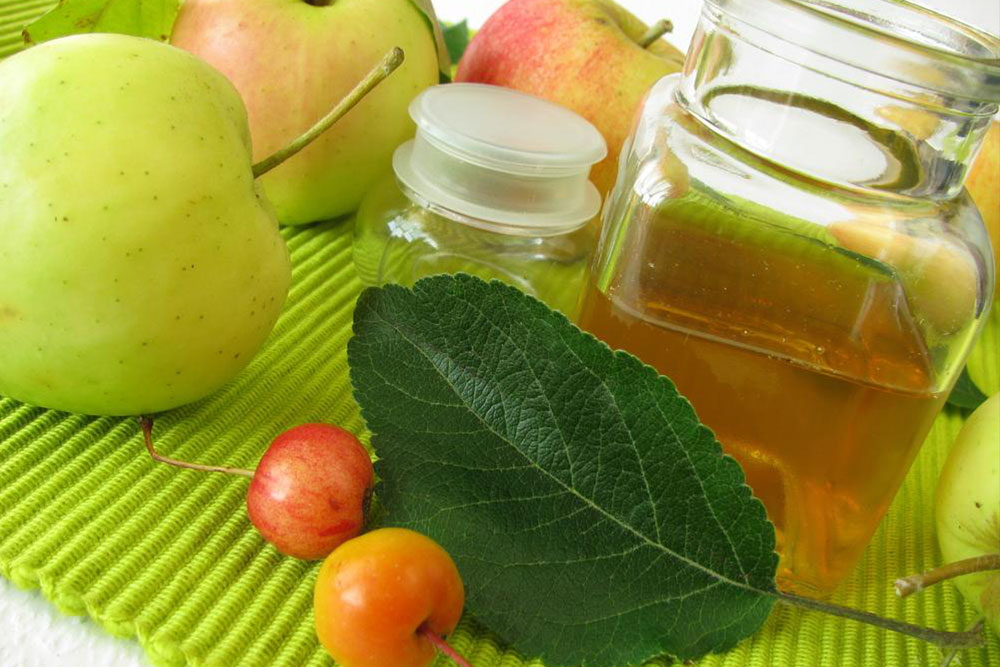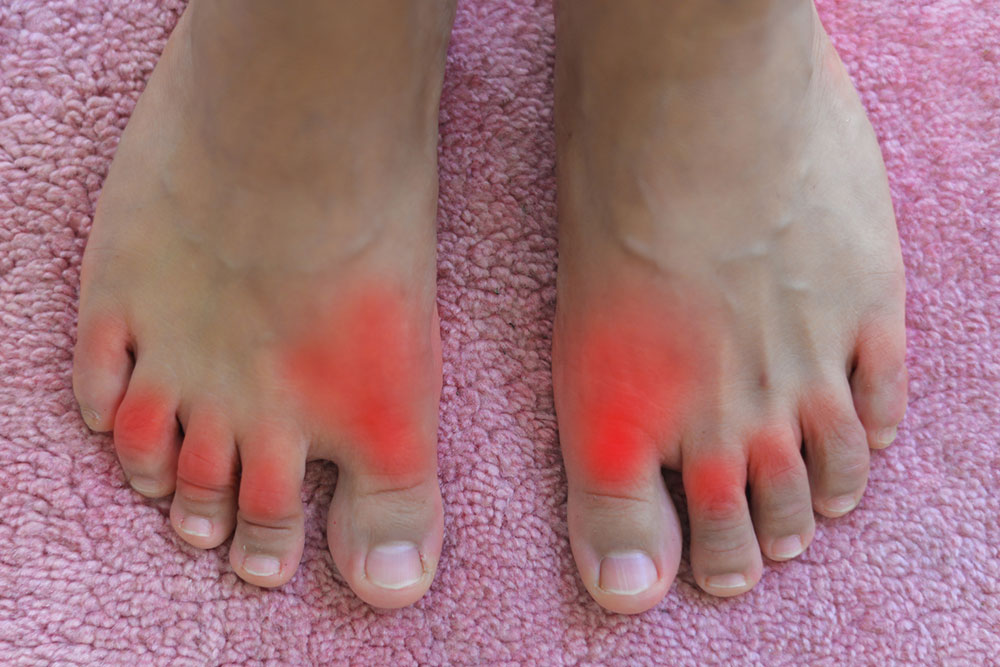The Role of Cherries in Managing Gout Symptoms
Discover how cherries and their derivatives, like cherry juice and supplements, can aid in managing gout symptoms. Regular consumption, especially of tart cherries, helps reduce inflammation and uric acid levels, providing natural relief. Consult a healthcare professional for personalized advice and treatment plans for gout. Incorporate cherries into your diet to support joint health and prevent flare-ups effectively.

How Cherries Contribute to Gout Relief
Gout, also known as gouty arthritis, is a condition affecting small joints, caused by metabolic dysfunction leading to joint swelling, stiffness, and burning pain. Though anyone can develop gout, men are more prone than women. It primarily impacts the big toe but can affect any joint. Early intervention is crucial to prevent deterioration. Diagnosis by a healthcare professional is essential for effective treatment.
One natural remedy gaining popularity is cherry juice, which can alleviate gout discomfort.
Regular cherry juice intake helps reduce gout pain
Studies confirm that consuming cherry juice daily significantly lowers gout risk and pain. A daily cup can decrease attack risk by around 35%, with higher intake correlating with reduced symptoms. The phenolic compounds in cherries, especially anthocyanins and bioflavonoids, aid in reducing inflammation and blood uric acid levels.
Consistent intake of cherry juice can help control gout symptoms within weeks by stabilizing uric acid levels. For optimal results, two servings per day are recommended, possibly mixed with apple cider vinegar for taste.
Choosing between tart and sweet cherries
Among the varieties, tart cherries are considered superior due to their higher anthocyanin content—up to three times more than sweet cherries. While tart cherries are more effective, their taste can be challenging. If preferred, sweet cherries can be substituted, but they contain more sugar, potentially worsening gout pain. To make tart cherry juice more palatable, try blending it with green tea or diluting with water.
Black cherries as an alternative
Black cherries, while less potent than tart cherries, still offer benefits. Rich in antioxidants, their extracts can soothe joint and bone pain and help regulate uric acid production, supporting internal healing. For black cherry, three servings daily are recommended, compared to two for tart cherries.
Supplements as a convenient option
If fresh or juice cherries are unavailable or difficult to consume, cherry supplements—capsules or tablets—are available. Choose reputable brands and check labels carefully, avoiding products with artificial flavors or sweeteners to prevent adverse effects.
While cherry products are effective, they should complement, not replace, professional medical treatment. Consult your doctor to diagnose gout accurately and determine suitable cherry intake. Managing diet and maintaining a healthy lifestyle are essential for long-term relief.










